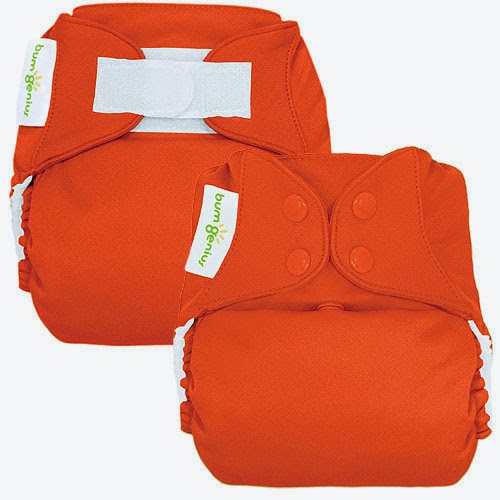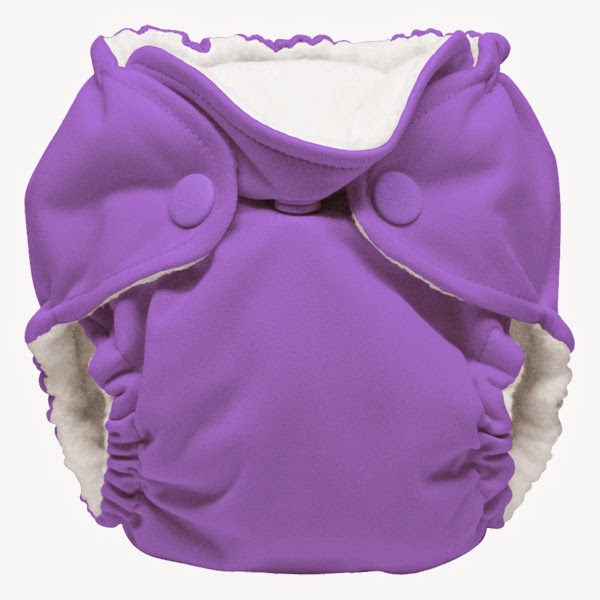
Your postpartum care will be, in part, determined by the manner of your delivery - this includes the type of facility (or home) that you give birth in. For home deliveries, customization and comfort will be more readily available. For hospital births, your options may be more limited because of standard procedures in place at your hospital's labor and delivery ward. The important thing to remember, though, is that options STILL exist. Plan ahead and know what to expect.

- Breastfeeding: One of the most difficult aspects of my postpartum experience with my son was breastfeeding. I had a lactation consultant assist me when I encountered trouble and even then I wasn't as successful as I hoped I'd be. Prior to delivery, do your research - maybe even take a class about it. Determine the lactation assistance available at your hospital or birthing center and know at what point you'd like to have help brought in. You should also look into breast pumps, just in case those are necessary for your child to consume breast milk. Research baby formulas if you do not plan, or are unable, to breastfeed.
- Pain Management: It goes without saying that you'll be slightly uncomfortable (if not MORE than slightly) following the birth of your child - whether you give birth vaginally, via c-section, with or without medication. Discuss your pain management options with your doctor and determine what you're comfortable with - acetaminophen, percoset, etc. If you know that you'll be having a c-section, discuss what your wound care routine will be and the timeline of recovery.
- Hospital Stay: For those of you giving birth in a hospital, be sure that you know what normal procedure is for hospital stays for all birth options - For vaginal unmedicated, many hospitals will plan for a discharge 24 hours following birth. For vaginal deliveries with an epidural, it might be extended. That extension will go even further with a c-section. Plan ahead and know what to expect. Perhaps there is flexibility and you can opt to get out of the hospital sooner. Discuss these options with your doctor and pack your hospital bag accordingly.
- Nursery or In Room?: This wasn't even an option for me, but it should still be discussed for hospital deliveries. Once you've been moved to your recovery room, would you like your child to remain in your recovery room with you, or would you prefer that your baby be taken to the hospital's nursery? If you'd prefer the nursery, would you like your baby brought to you for feedings or would you allow the hospital staff to bottle-feed?
- Baby's First Vaccination: Controversial topic warning! Another consideration for a hospital birth is when and whether you would like your baby's first vaccination administered. A pediatrician will be monitoring your child while you are in recovery and during their rounds, in the United States at least, you will given the choice to have the Hepatitis B vaccination given. Will you be following a traditional or an altered vaccine schedule for your child?
- Circumcision: For those moms expecting little boys, there is the question of circumcision. This can also be a contentious topic, so I will only say that you have the option as a parent to elect to have your son circumcised, or to not have them circumcised. The decision is yours so be sure you know the method used at your hospital and what the care instructions would be should you elect to have the procedure done.
- Guests: Another important consideration for your recovery is who you would like to come to the hospital to visit with you and your new baby. It's important for those giving birth in a hospital to know their hospital's rules on visitors who are under-aged, and if those policies change during flu season. Know what visiting hours you have available and plan accordingly. I personally chose to limit my visitors to my sisters and my parents... the woman who shared a recovery room with me opted to have 1,000,000 people with her from the minute visiting hours started until the minute they ended.











































